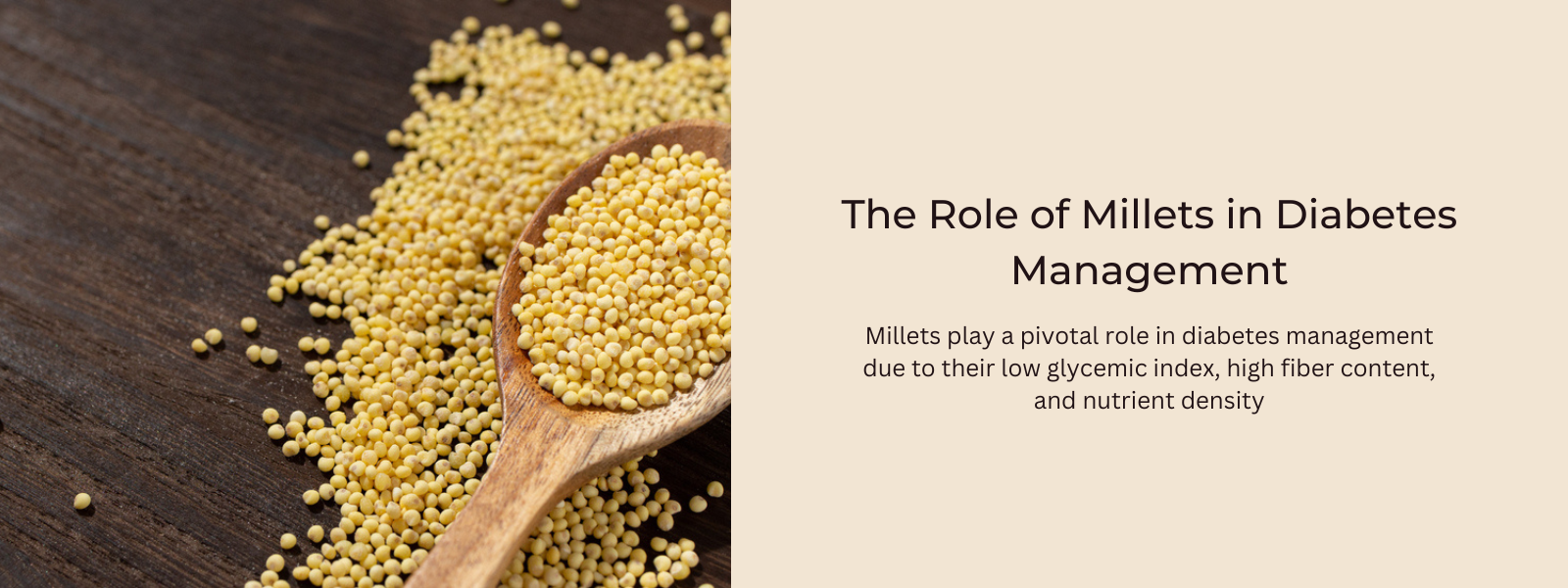Parsley is a powerhouse of vitamin C, offering a range of health benefits. Just a small serving of parsley can provide a substantial portion of the daily recommended intake of this vital nutrient. Vitamin C in parsley supports the immune system by enhancing the production of white blood cells, which are crucial for defending against infections. It also acts as a potent antioxidant, neutralizing free radicals and reducing oxidative stress, which helps in lowering the risk of chronic diseases like heart disease and cancer. Furthermore, vitamin C in parsley is essential for collagen synthesis, promoting healthy skin, reducing wrinkles, and aiding in wound healing. Its anti-inflammatory properties also contribute to overall health by potentially alleviating symptoms of inflammatory conditions. Adding parsley to your diet can significantly enhance your vitamin C intake and support overall well-being.
Table of Contents
Parsley Vitamin C Benefits
Parsley is an often-overlooked powerhouse when it comes to vitamin C content, offering a variety of health benefits. Here’s an in-depth look at the advantages of incorporating parsley into your diet for its vitamin C benefits:
Immune System Enhancement
Vitamin C in parsley plays a pivotal role in bolstering the immune system. It enhances the production and function of white blood cells, which are essential for fighting infections and diseases. Regular intake of parsley can help reduce the severity and duration of common colds and other infections, keeping your immune system robust and responsive.
Potent Antioxidant Protection
As a strong antioxidant, vitamin C in parsley helps neutralize harmful free radicals in the body. This action reduces oxidative stress and prevents cellular damage, which is crucial in lowering the risk of chronic diseases such as heart disease, cancer, and diabetes. The antioxidants in parsley also protect against inflammation, further supporting overall health.
Skin Health and Anti-Aging
Vitamin C is vital for collagen synthesis, a protein necessary for maintaining skin’s elasticity and firmness. Consuming parsley can contribute to reducing wrinkles, improving skin texture, and promoting faster wound healing. The antioxidant properties of vitamin C also help protect the skin from damage caused by UV radiation and environmental pollutants, aiding in maintaining a youthful and radiant appearance.
Cardiovascular Health
The vitamin C content in parsley supports cardiovascular health by helping maintain healthy blood vessels, lowering blood pressure, and reducing LDL cholesterol levels. These effects collectively contribute to a decreased risk of heart disease and stroke. Additionally, the anti-inflammatory properties of vitamin C play a significant role in protecting the cardiovascular system.
Enhanced Iron Absorption
Vitamin C enhances the absorption of non-heme iron from plant-based foods, which helps prevent iron-deficiency anemia and boosts overall energy levels. This is particularly beneficial for individuals following vegetarian or vegan diets who rely on plant-based sources of iron. Including parsley in meals can significantly improve iron uptake from other plant foods.
Bone Health Support
Parsley contains vitamin K along with vitamin C, both of which are crucial for bone health. Vitamin C is involved in collagen formation, which is a key component of bone structure. Together, these vitamins help in maintaining bone density and reducing the risk of osteoporosis.
Digestive Health
Parsley is rich in dietary fiber, which, in conjunction with its vitamin C content, supports digestive health. Fiber promotes regular bowel movements, prevents constipation, and contributes to overall gut health. The antioxidants and anti-inflammatory compounds in parsley also support a healthy digestive system.
What Makes Parsley A Rich Source of VitaminC?
Parsley is a rich source of vitamin C due to its high concentration of this essential nutrient, which results from its natural growth and metabolic processes. Here's a detailed look at what makes parsley particularly rich in vitamin C:
High Vitamin C Content
Parsley boasts a substantial amount of vitamin C, with just a small serving providing a significant portion of the recommended daily intake. For instance, one cup of chopped parsley (about 60 grams) contains approximately 80 mg of vitamin C, which is about 89% of the daily value for adults. This high concentration is comparable to, and often exceeds, that of many fruits and vegetables commonly known for their vitamin C content.
Efficient Nutrient Absorption
Parsley plants efficiently absorb and store nutrients from the soil, which includes vitamin C. This efficiency ensures that the leaves are densely packed with vitamins and minerals, making even small quantities of parsley highly nutritious.
Photosynthesis and Metabolism
The photosynthetic and metabolic activities of parsley contribute to its rich vitamin C content. As a green leafy plant, parsley undergoes photosynthesis, producing not only energy but also a range of essential nutrients, including vitamin C. The metabolic processes in parsley help in the synthesis and accumulation of this vitamin.
Freshness and Preparation
Parsley is often consumed fresh, which helps retain its vitamin C content. Unlike some vegetables that lose significant nutrients during cooking, parsley is typically added fresh to dishes, ensuring that its vitamin C is preserved and readily available for absorption by the body.
Versatility in Diet
The versatility of parsley in culinary uses means it can be easily incorporated into a wide range of dishes, from salads and garnishes to juices and smoothies. This ease of use encourages frequent consumption, helping individuals to meet their daily vitamin C requirements effectively.
Ways to Incorporate Parsley
Parsley is highly versatile and can be easily incorporated into various dishes:
- Salads: Add fresh parsley to salads for a burst of flavor and nutrition.
- Smoothies: Blend parsley into green smoothies for an extra boost of vitamins and antioxidants.
- Garnishes: Use parsley as a garnish on soups, stews, and pasta dishes.
- Pestos: Make parsley pesto as a delicious alternative to traditional basil pesto.
- Juices: Include parsley in fresh vegetable juices for added health benefits.
Conclusion
Parsley, with its impressive vitamin C content, offers a wide array of health benefits, from enhancing immune function and providing potent antioxidant protection to supporting skin health, cardiovascular health, and bone health. Its versatility in cooking and nutrient-dense profile make it a valuable addition to any diet. Regularly including parsley in your meals can help you take full advantage of its numerous health-promoting properties, contributing significantly to overall well-being.













Leave a comment